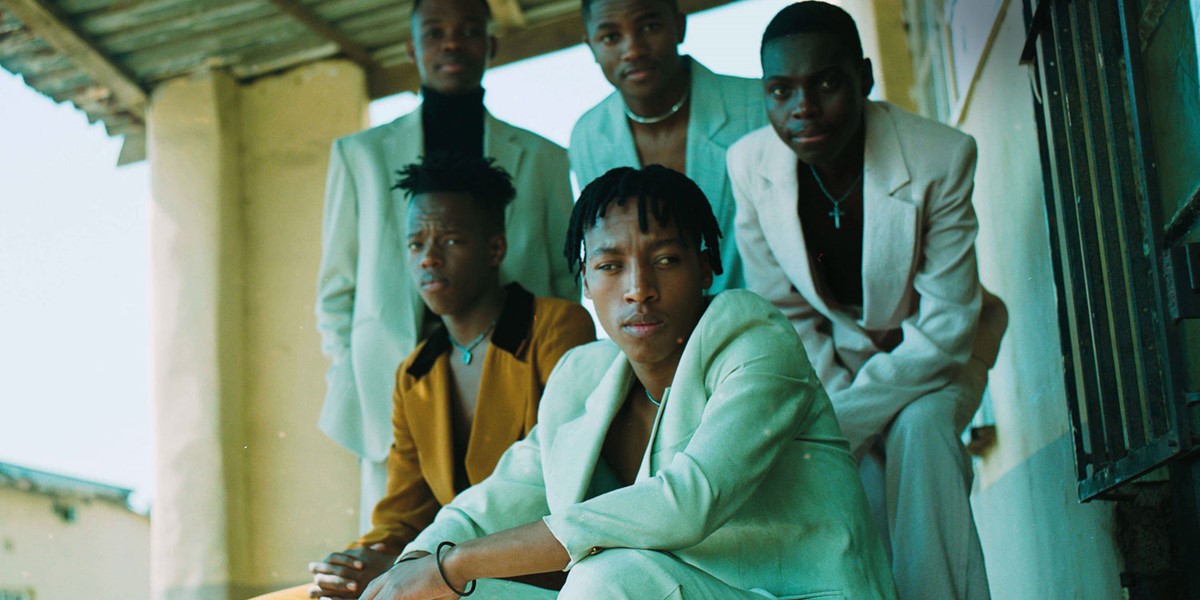Thursday, June 13, 2024
The Joy: “You can hear how we poured our hearts into the songs”
By Emma Rycroft
The Joy started their a capella singing in a small classroom in rural South Africa; now they’re set to release their eponymous full-length album

The Joy

Register now to continue reading

Thanks for visiting the Songlines website, your guide to an extraordinary world of music and culture. Sign up for a free account now to enjoy:
- Free access to 2 subscriber-only articles and album reviews every month
- Unlimited access to our news and awards pages
- Our regular email newsletters

